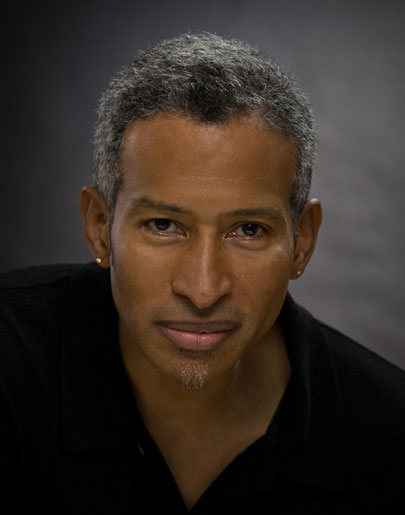Pride is a strange thing. American descendants of African slaves were forced on penalty of death to accept little more than scraps throughout most of this nation’s history. When we, through dint of sheer creativity, work and will turned those scraps into homes and communities, we took great pride in the accomplishment. However, it is at our peril that we don’t realize that the accomplishments are built, quite literally, on shaky ground—that the pride must be tempered with practicality. There are aspects of the past that we cannot “recover” or “rehabilitate.” Through will, work and pride, we cannot elevate low-lying land and stop the winds from blowing. And now we know that we cannot expect governments of the majority to care enough to preserve our past, or value our pride, or our history.
The fact that we were denied our rights to live securely is a point of pain. That we built communities from that denial is a point of pride. With Katrina, the painful root of that pride emerged; and it devastated so many of us.
How many orchids can you grow in fetid soil? We’ve managed many: Music, art, literature, forms of speech and worship so powerful that they’ve seduced the majority into imitation. But there are limits. We cannot cling desperately to lands earmarked for destruction by no less than nature—just because we were forced to do so in the past.
The cast of the film “Crash” appeared on a recent Oprah Winfrey show. The discussion turned to the word “n-word.” Winfrey said she found the word irredeemable. Some of the black male cast members differed. Some noted the distinction between the word “n-word” and the term “nigga,” the latter, they claimed, being a non-racist endearment. For centuries, whites used “n-word” to humiliate and utterly dehumanize us. It suggested we were less than dogs in the speakers’ minds. We weren’t people. We were “niggers.” Disposable. Utilities. Property. Owned. Chattel. Since slavery, it has been used as a reminder—to insist that we’re still less than human. The word still stinks of violence. You hear it, and you’re ready to fight or flee. It’s the inevitable soundtrack to a hate crime.
Hundreds of years ago, blacks so internalized the hatred and dehumanization under which we lived that we began calling each other “n-word.” I remember hearing my father and his friends… “That n-word don’t know a goddamned thing about…” “That n-word is so rich he doesn’t know what to do with his money.” They might be discussing someone they loathed, or someone they admired, but either way, “n-word” could be attached. The use of the word suggested a brotherhood—a brotherhood of the despised. It suggested acceptance into the class of the accursed.
I never understood the use of the word; I never used it. I was raised in mainly white environments. Only rarely lived in all-black ones. I was never part of a large community of blacks for a long time and never felt myself someone worthy of reference—through brotherhood or hatred—as “n-word.” That may be my loss. It may be my gain. But to me, the insistence that the word has been neutered because blacks use it with each other is absurd. It still seems the tag of a community of the accursed. That you accept that status, even speak of it with pride, does not elevate it. “Nigga,” is “n-word.” That white boys now use it with each other is just another piece of noble savage wannabe-ism—insiders toying with outsider poses, safe in the knowledge they will never suffer its consequences. With “nigga,” again we desperately take the scraps we were given—ignoring the historical hatred from which they sprung—and try to mold them into a source of pride. We took the low-lying land in New Orleans—forced to ignore the historical hatred from which access sprung—and fashioned from it a source of pride—for a while, until history, as it will when your pride lets you forget it, snatched the last word.
In a yearlong review of levee work here, The Associated Press has tracked a pattern of public misperception, political jockeying and legal fighting, along with economic and engineering miscalculations since Katrina, that threaten to make New Orleans the scene of another devastating flood.
- Cain Burdeau, Associated Press, 8/23/08
(Note: You can view every article as one long page if you sign up as an Advocate Member, or higher).





